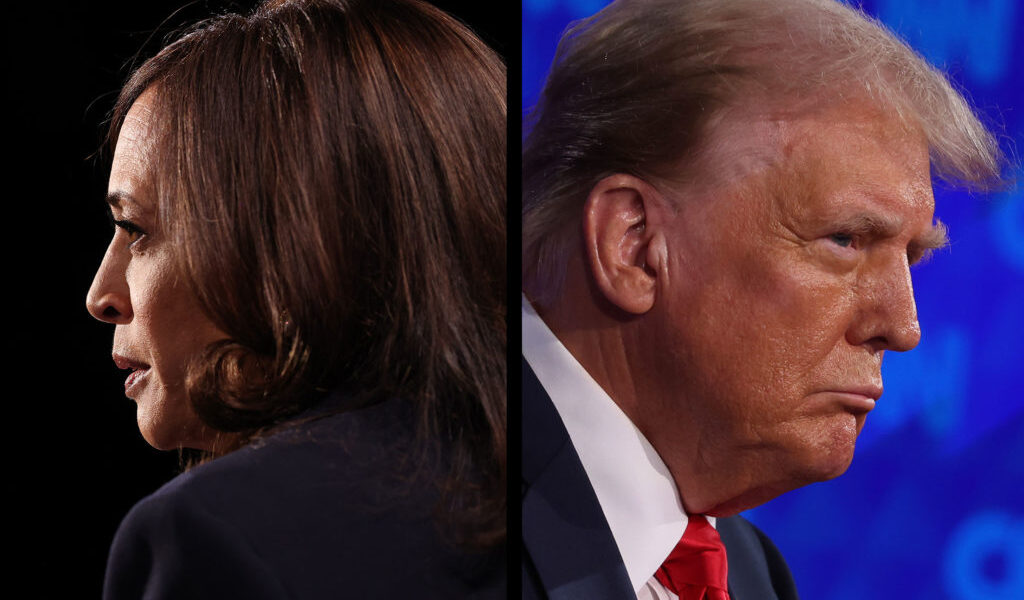The unexpected loss of Kamala Harris to Donald Trump in the 2024 presidential election has sent shockwaves through the Democratic Party, sparking intense debates over strategy, leadership, and messaging. What was meant to be a historic campaign for Harris has become a moment of reckoning for the Democrats.
A Campaign Marred by Challenges
When President Joe Biden, at 81 years old, decided to “pass the torch” to his vice president, Democrats believed the move would energize the party. However, the campaign faced criticism for being overly cautious and failing to address key voter concerns. Harris’s focus on abortion rights, while resonating with some, alienated critical segments such as Black and Latino men, areas where the party has struggled for years.
The loss extended beyond battleground states. Harris underperformed among women and voters of color compared to Biden’s 2020 numbers, with women’s support dropping from 57% to 54% and voters of color from 71% to 65%.
Party Infighting and Criticism
Many within the party have questioned the decision-making process. Critics point to Biden’s declining physical condition and suggest that his decision to step aside may have been premature. Others argue Harris’s campaign failed to counter Republican narratives effectively, allowing Trump and the GOP to define her.
Even Democratic insiders have acknowledged weaknesses in her approach. Harris and her running mate, Tim Walz, were criticized for limited media appearances and a lack of bold messaging, leaving voters uncertain about their vision for the future.
Biden’s Role in the Aftermath
The spotlight has also turned to President Biden. In his concession speech, Biden appeared remarkably composed and energetic, sparking conspiracy theories about whether the administration deliberately set Harris up for failure. While White House Press Secretary Karine Jean-Pierre defended Biden’s decision to back Harris, she acknowledged the disappointment of the loss:
“The president believed passing the torch was the right decision at the time. He remains proud of what his administration accomplished and of Vice President Harris’s readiness to lead.”
What’s Next for the Democrats?
As Democrats assess what went wrong, several questions loom:
- Did the campaign focus too heavily on certain issues at the expense of broader voter concerns?
- Could stronger outreach to key demographics have altered the outcome?
- Was Biden’s decision to step aside strategic, or did it unintentionally set the stage for defeat?
The party is now grappling with these challenges as it prepares for the 2028 election, facing a more energized Republican Party led by a returning Donald Trump.






